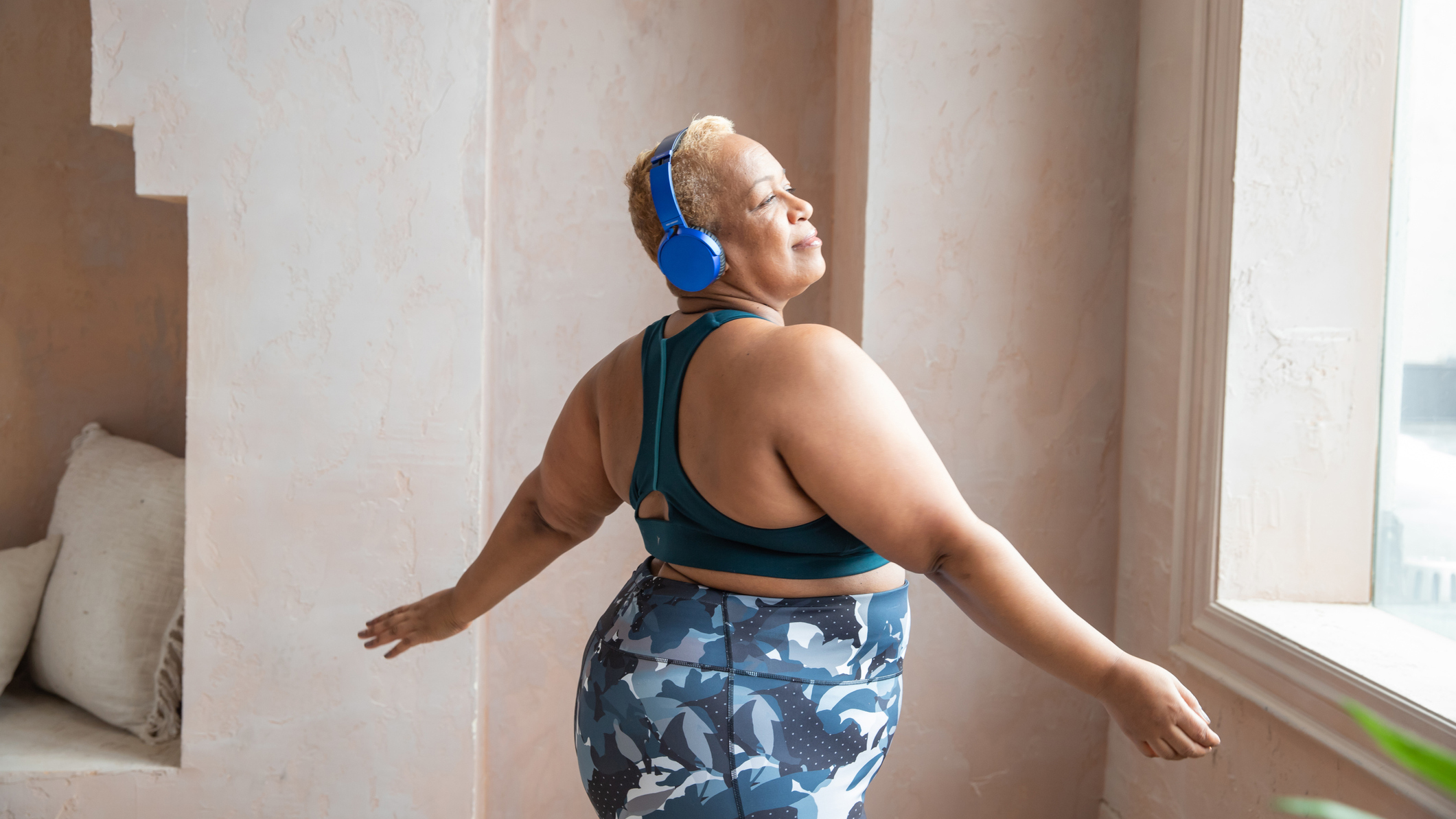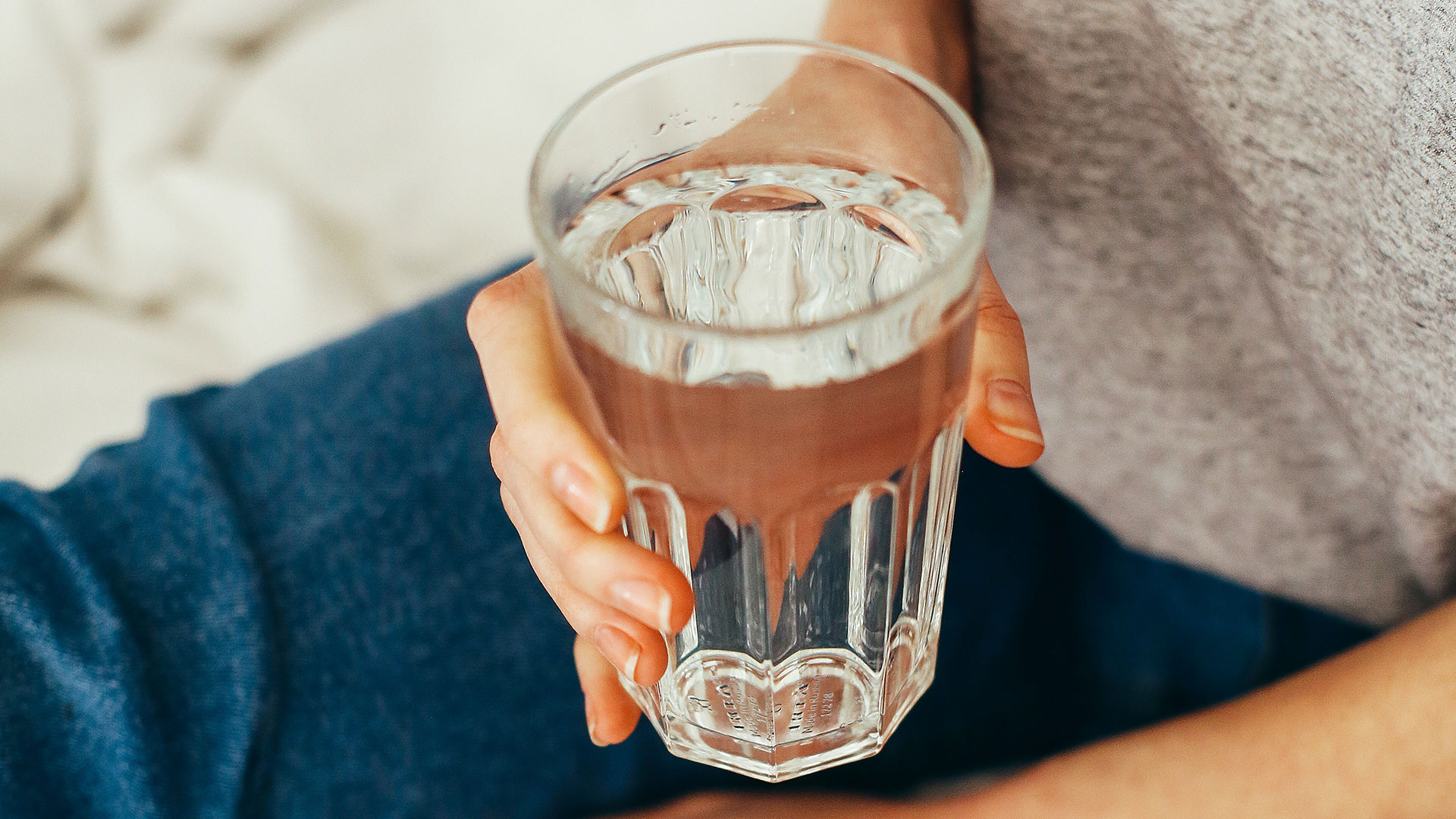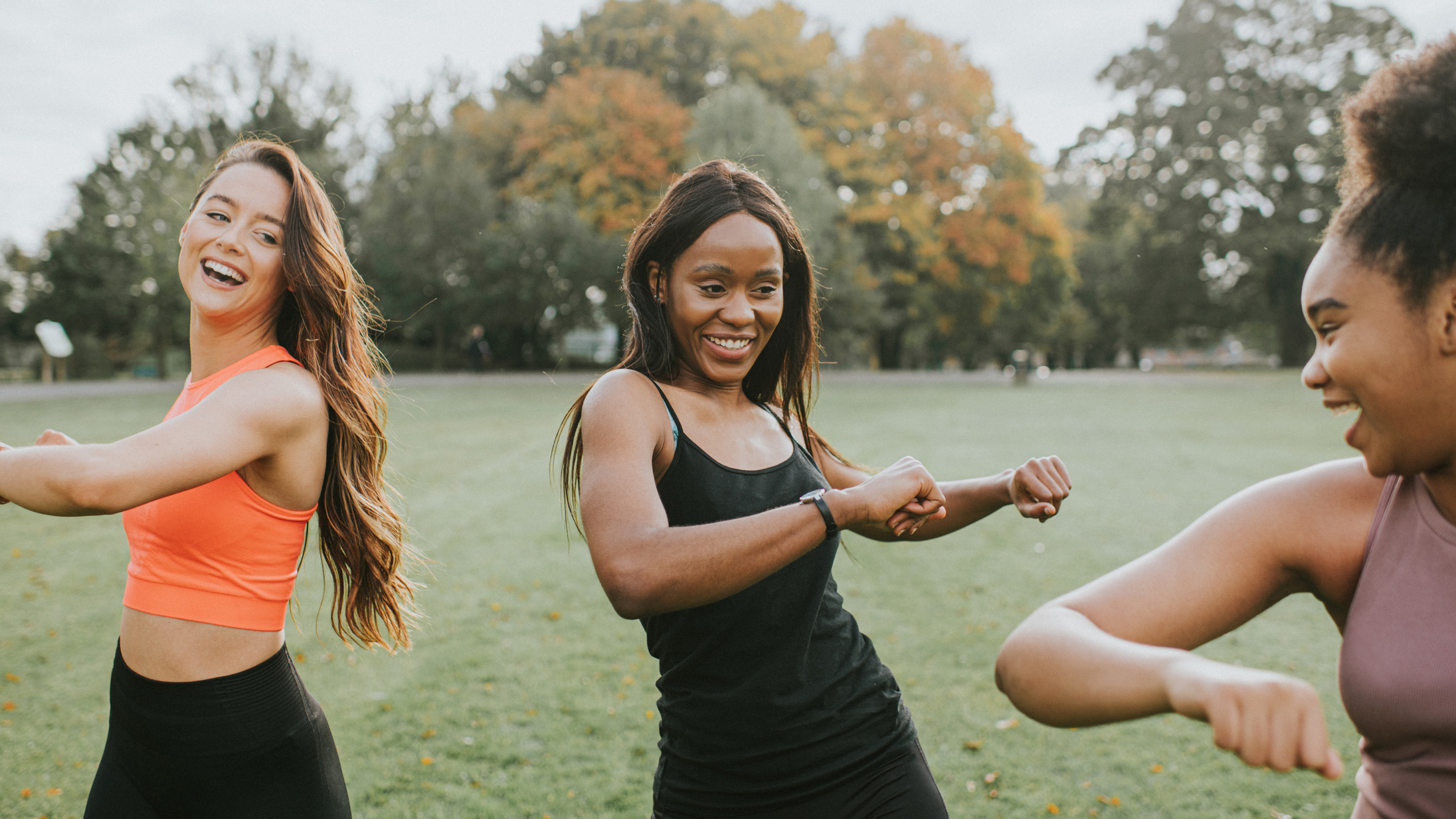

Often, sustainable weight loss seems impossible. It doesn't have to be! While most people think the only way to lose weight is to do HIIT workouts and go on a water-only diet. In reality, the best way to lose belly fat and keep it off is to apply small changes to your routine. These micro habits can help you stick to your new, healthiest lifestyle and put you on a path to sustainable weight loss results.
What are micro habits? They are incremental habits everyone can do without drastically altering their behaviour. For example, a micro habit could be going for a short walk after your largest meal of the day to aid digestion and help the body metabolise the extra carbs. We asked Signe Svanfeldt, the lead nutritionist at Lifesum, to share five of the best micro habits she knows that worked well for people in the past.
If you're interested in weight loss, check out T3's guides on how to lose weight and how to lose belly fat. We worked with Signe before, so if you liked her tips below, read why too much exercise could jeopardise your weight loss efforts. Finally, science found the best fasting method for weight loss, which surprised even the researchers at the University of Illinois at Chicago.
1. Including more vegetables in your diet
"Vegetables are low in energy while high in nutrients", Signe says, "It's beneficial to include vegetables in our diet as they fill us up and provide nutrients and fibre. You can track veggie intake using apps these days, including Lifesum, to see if you meet your daily recommendations." Any vegetable would do, although the ones with more fibre content (e.g. beans, beetroot, etc.) are best for your guts. Green-leafed veggies, such as kale and spinach, are an excellent source of protein.
2. Eating at least 30 grams of fibre per day
Speaking of fibre: it also makes us feel fuller for longer as it delays our digestion of the food eaten, Signe explains. "It's also beneficial for our bowel movements as well as gut flora", she adds. Beans are a fantastic source of fibre; most legumes have around 5-10 grams of fibre per 100 grams. Raspberries are also an excellent source of fibre; plus, these fruits are also low in sugar.

3. Stay hidrated
Eating more fibre is essential, but to help your body shift undigestible fibre in your stomach and guts, you'll also need to drink more water. Even a small glass of water after a meal can help you feel less hungry and aid digestion. "Sometimes, we can mix the feeling of thirst with the feeling of hunger, so by ensuring we stay hydrated, we can avoid overeating", Signe adds.
4. Include a source of protein to every meal
"Not only is protein vital for our bodies, but it also helps us to stay fuller for longer", Signe explains, "By including protein such as egg, poultry, beans, lentils and fish to every meal, we can stay fuller for longer, and avoid extreme hunger which often leads to less nutritious food choices." Avoid supplying your body with protein from one source only; try mixing ingredients and choosing healthy snacks such as nuts (they are also high in fibre). Alternatively, protein shakes and protein snacks can help top up protein intake. For more info, check out T3's best protein powder and best protein bar guides.
Sign up to the T3 newsletter for smarter living straight to your inbox
Get all the latest news, reviews, deals and buying guides on gorgeous tech, home and active products from the T3 experts

5. Don’t underestimate physical activity every day
"Taking the stairs instead of the lift, or walking instead of catching the bus, can make a big difference", Signe says, "Getting regular physical activity in our everyday lives is important for our overall well-being but also for weight loss." Indeed, non-exercise activity thermogenesis, or NEAT for short – calories that we burn from activity other than intentional exercise – can help you shift stubborn fat easier. So, start fidgeting and stand up from the desk occasionally!

Matt Kollat is a journalist and content creator who works for T3.com and its magazine counterpart as an Active Editor. His areas of expertise include wearables, drones, fitness equipment, nutrition and outdoor gear. He joined T3 in 2019. His byline appears in several publications, including Techradar and Fit&Well, and more. Matt also collaborated with other content creators (e.g. Garage Gym Reviews) and judged many awards, such as the European Specialist Sports Nutrition Alliance's ESSNawards. When he isn't working out, running or cycling, you'll find him roaming the countryside and trying out new podcasting and content creation equipment.